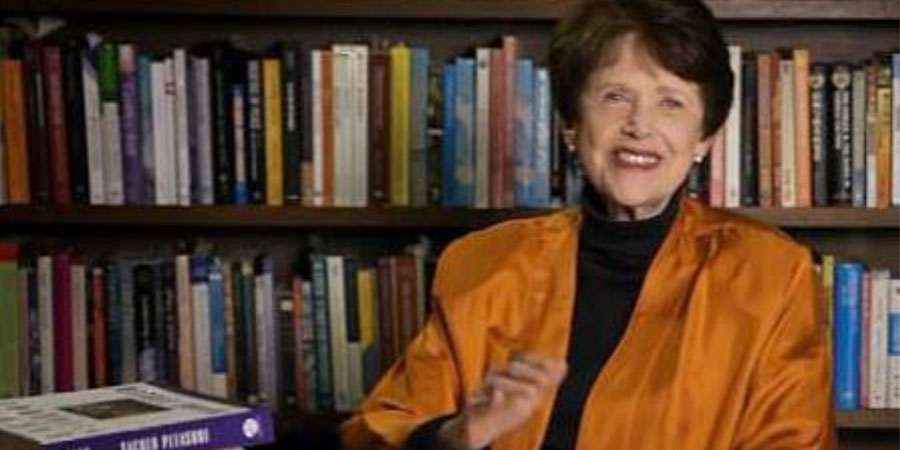For a change, instead of focusing on a person, this blog post is about the new framework, Caring Economy, created by Riane Eisler, author of The Chalice & the Blade. What is a Caring Economy? I’ll answer that with another question, what would our world look like if we truly valued the people that care for people and the earth?
Instead of looking at our world with a “Domination” lens, let’s briefly explore what a “Partnership” lens looks like:
- Our economy would thrive if we valued the people that care for people and nature: caregivers, babysitters, teachers, prison guards, health care workers, mental health workers and those that treat nature as a living being instead of a resource to be dominated and sold for profit.
- Let’s value the work of care with “paid parental leave, paid sick days, paid family and medical leave, flexible work options, accessible and high quality workplace childcare, wellness programs, required training for child care workers…”
- Flexible, creative and empathic people directly affects the success of our economy.
Neuroscience indicates early childhood is a crucial period for growth. So why aren’t we investing more into our kids with our primary caregivers?
Social wealth economic indicators (SWEI) show that in the U.S., 1 in 3 women live in or near poverty. Women over 65 are twice likely to suffer from poverty than men in the same age group. SWEI also shows that the U.S. spends less on early childhood care and education.
Societies with women with a higher social status tend to have less violence, while health and education rise.
source: The Center for Partnership Studies
If you are interested in learning more about Caring Economy, please contact me for more information.
“As long as values considered ‘soft’ or ‘feminine’ are dismissed and undervalued, we cannot expect policies that support the work of caring for people or nature.” ~Riane Eisler, author of The Chalice & the Blade and The Real Wealth of Nations.
Economics comes from the Greek root word, oikos, which means “the whole house”.
The word “ecology” was first used in 1866 by the German biologist, Ernst Haeckel, to describe the study of a living organism.
